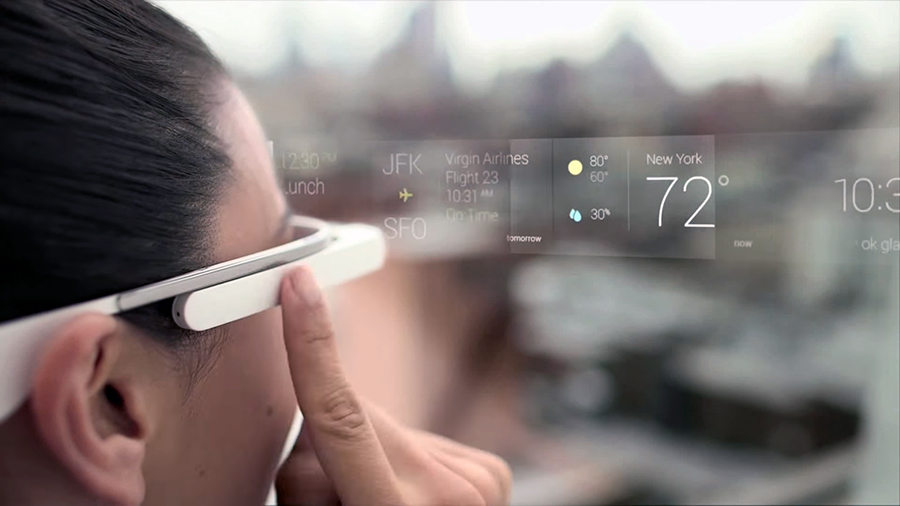The sound of your skull could soon replace your password
Feel the noise

Sign up for breaking news, reviews, opinion, top tech deals, and more.
You are now subscribed
Your newsletter sign-up was successful
It's now well established that the old username and password combination isn't really all that secure - that's why we're looking at using fingerprints, faces, eyes and other bits of biometric data to log into sites and apps instead.
The latest novel method for confirming your identity is through the sound of your skull - or, more specifically, the vibrations your skull makes as sound passes through it. Researchers think those vibrations could be as unique as a fingerprint.
Scientists working in Germany have come up with a Google Glass add-on that they say can correctly identify the wearer 97 percent of the time. The device is still being developed, but the early signs are promising: it captures the vibrations coming back to work out which head it's on.
Keep your head in a safe place
Why Google Glass? Well, it's already sat on your head, so it's a convenient system from that point of view. What's more, you don't have a keyboard or mouse available when wearing the AR specs, so using a burst of noise is much easier.
There's still work to do: the researchers needs to teach the system to cut out background noise, and they also want to replace the existing blast of white noise with a sound that's a bit less annoying (like a short ringtone). The most recent paper is online if you want to check out the details in full.
It's going to be a while before this makes it into a commercial system, but it has potential for anything you wear on your head, like the Oculus Rift. After all, it's much harder to steal someone's head than it is their password.
The LG G5 is out, and here's what we think of it:
Sign up for breaking news, reviews, opinion, top tech deals, and more.
Via Gizmodo

Dave is a freelance tech journalist who has been writing about gadgets, apps and the web for more than two decades. Based out of Stockport, England, on TechRadar you'll find him covering news, features and reviews, particularly for phones, tablets and wearables. Working to ensure our breaking news coverage is the best in the business over weekends, David also has bylines at Gizmodo, T3, PopSci and a few other places besides, as well as being many years editing the likes of PC Explorer and The Hardware Handbook.